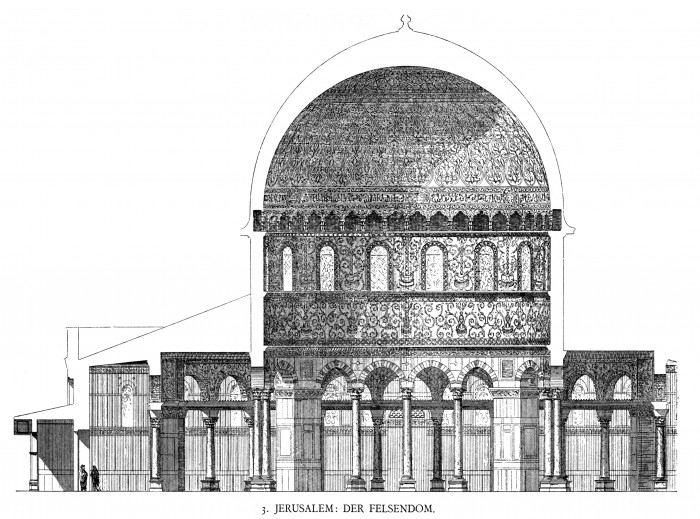Courses in the Middle Eastern Studies Program are not offered every single semester, so please contact our faculty to learn about upcoming course schedules.
HIST 3336 – Islam and the Modern Middle East
An examination of the role of Islam as the primary cohesive element in the social, political, and cultural development of the modern Middle East. Comparison and contrast of Western and Middle Eastern perspectives on relevant current issues.
ANTH 3319 – Cultures of the Middle East
The anthropological study of Middle Eastern culture and society; covers the political conflicts and cultural adaptations in the region. The course also focuses on ethnic differentiation and the influence of Islam upon all the cultures and peoples of the Middle East.
This class is integrated with UA Little Rock Middle Eastern Studies public cultural events such as the annual Middle Eastern Film festival and a Middle Eastern Cultures Party. The cultures party features music, dancing, food, games and cultural displays. The Middle Eastern Film festival highlights great feature and documentary films from and about the region.
An example outline of the course and some of the topics we address: Introduction to the course, Anthropological Approaches to the Middle East; Middle of What? East of Where?; Introduction to geography and environment of the Middle East; Cultural Diversity: Language, Religion, Ethnic Groups; Judaism, Christianity and Islam: Common roots and shared culture; Anthropological Ethnography as Method and Literature; Traditional and Pop Music; Beauty and Appearance: Clothing, Body Adornment, Jewelry, Tattooing, Cosmetic Surgery, and more
POLS 4375 – Politics of the Middle East
The course covers the politics and political dynamics of the Middle East, introducing the student to the main issues and actors (state and nonstate) of the contemporary Middle East. The course explores the nature of contemporary politics in the region including the impact of the complex relationships among great power intervention, economics, ethnicity, nationalism, and religion.
